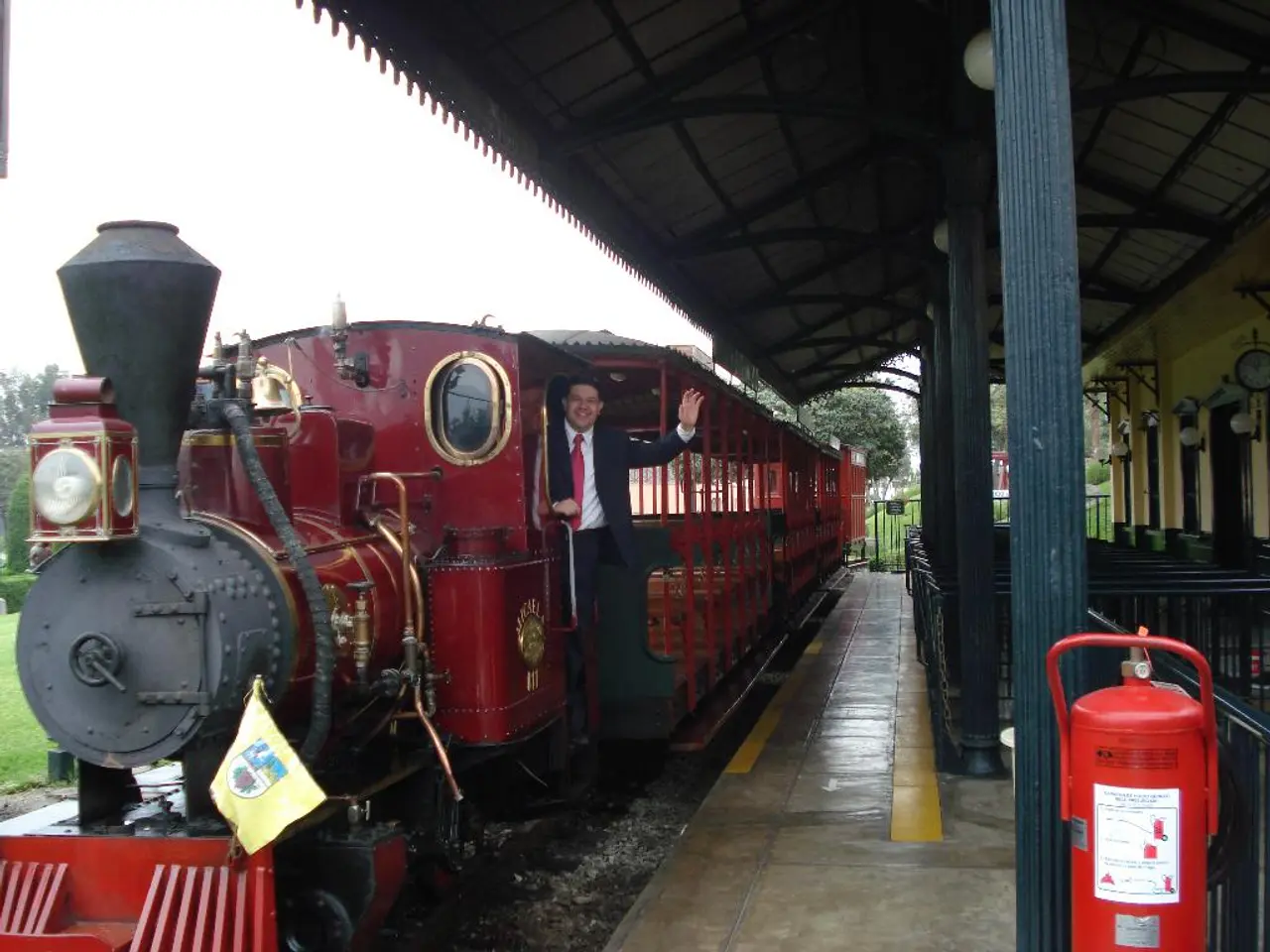Emergency Response Strategies: Managing Train Disasters and Other Calamities
In the aftermath of the tragic train derailment near Riedlingen, which resulted in three fatalities and dozens of injuries, psychosocial emergency care played a crucial role in supporting the emergency services personnel who responded to the scene.
Gerhard Blank, a firefighter with 40 years of service, was responsible for psychosocial emergency care during the operation. His role was to help the emergency service workers cope with the trauma of the disaster.
Four group discussions were held after the train accident, with around 120 emergency services personnel participating. These group discussions were meant to help the workers share their experiences and bring the operation to a close.
Charlotte Ziller, the District Fire Chief who has been working with the fire department since she was 16 years old, was also present at the train derailment on July 27. She found the scene surreal and not as it should be.
Conversations are important after a disaster, especially when images cannot be shaken from the mind, sleep is disturbed, or emotional numbness occurs. In the past, after heavy deployments, firefighters would pat each other on the back, have a beer, and go home. Today, things are different. Firefighters now openly discuss their fears, and tears are allowed to flow in such situations.
Disaster situations can trigger primal instincts such as fleeing, staring, or fighting, causing difficulty in thinking clearly. The psychologist responsible for the DRK-Distriktsvereinigung Biberach, who deals with the psychology of emergency psychologists, is Dr. Thomas Trautmann. He suggests seeking help early if the psyche cannot process impressions within the first few weeks after an accident. The earlier help is sought, the shorter the duration of the impact, according to Dr. Trautmann.
Psychologist Robert Hohl further emphasizes the importance of psychosocial care for emergency services personnel, as they are mostly volunteers and may see images that others might only see in a movie. He states that dealing with horrific impressions is easier for emergency services that have some time to mentally prepare for a disaster.
The community is also important in the process of dealing with the aftermath of a disaster. Gerhard Blank, who was also present at the train derailment, emphasized the importance of support from family, friends, and colleagues in helping emergency service workers cope with the trauma.
In conclusion, the psychosocial support provided to emergency services personnel following the train derailment near Riedlingen was crucial in helping them cope with the trauma of the disaster. The importance of open discussions, early help, and community support cannot be overstated in such situations.
Read also:
- Nightly sweat episodes linked to GERD: Crucial insights explained
- Antitussives: List of Examples, Functions, Adverse Reactions, and Additional Details
- Asthma Diagnosis: Exploring FeNO Tests and Related Treatments
- Unfortunate Financial Disarray for a Family from California After an Expensive Emergency Room Visit with Their Burned Infant








